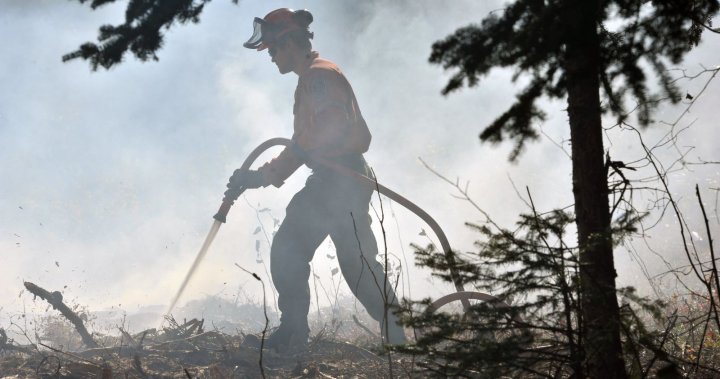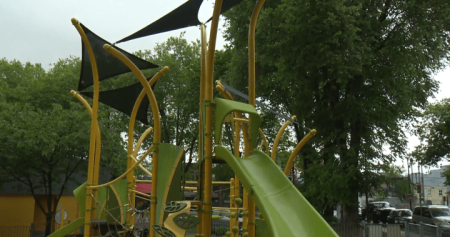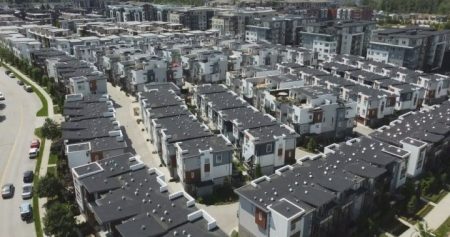The Winnipeg Fire Paramedic Service (WFPS) recently extinguished a wildland fire the size of a football field in the Transcona Bioreserve Loop area. Despite the significant blaze, no injuries were reported. The fire, which started on a Thursday afternoon, required the use of specialized equipment and a drone to locate hotspots. After an hour of efforts, the flames were finally brought under control. Due to the dry and windy spring weather conditions, WFPS is warning residents about the increased risk of wildland fires in the city. On average, the service responds to around 200 fires per year, a number that rises during dry periods. Deputy chief of fire rescue operations and training, Scott Wilkinson, emphasized that most wildland fires are caused by human activity and urged residents to take precautions to prevent these incidents. Property owners near wildland areas were advised to properly maintain their yards by thinning and pruning plants, removing trees, and cleaning up debris.
WFPS highlighted the importance of taking additional steps to reduce the risk of wildland fires in the city. According to Wilkinson, fires are not permitted to be started, even with the proper permits, if winds or gusts exceed 25 km/h. To minimize the risk of fires, it is recommended to avoid flammable plants, water them regularly, store firewood at a safe distance from buildings, and keep firepits in open areas away from overhanging trees. When camping or engaging in outdoor activities, it is crucial to burn dry and untreated wood, use approved outdoor fire areas, have firefighting tools on hand, and refrain from discarding cigarette butts into vegetation or from car windows. More information on wildfire safety measures can be found on the WFPS website at winnipeg.ca/wildlandfires.
The dry and windy spring conditions in Winnipeg have contributed to an increased risk of wildland fires in the area. WFPS has responded to numerous fires in the city, with the number rising during periods of dry weather. Deputy chief Wilkinson stressed the need for residents to be cautious and take steps to prevent wildland fires, as they are often the result of human activity. Property owners living near wildland areas were advised to properly maintain their yards by pruning plants, removing trees, and cleaning up debris, leaves, and brush. Additionally, it is essential to avoid having flammable plants near structures, store firewood safely, and keep firepits away from overhanging trees.
To reduce the risk of wildland fires in Winnipeg, residents are advised to follow certain guidelines when engaging in outdoor activities. These include using approved outdoor fire areas, burning dry and untreated wood, keeping firefighting tools handy, and properly disposing of cigarette butts. It is crucial to take precautions such as avoiding throwing cigarette butts into vegetation or from car windows, as these actions can easily spark wildfires. WFPS underscores the importance of staying vigilant and following safety protocols to prevent and respond to wildland fires effectively. By taking proactive measures and adhering to fire safety guidelines, residents can help mitigate the risk of wildfires and protect themselves and their properties from potential harm.
In light of the recent wildland fire in the Transcona Bioreserve Loop area, WFPS is urging residents to be vigilant and take precautions to prevent similar incidents. The service responded to the fire promptly and used specialized equipment to extinguish the blaze, which was ultimately brought under control. With the dry and windy spring weather posing an increased risk of wildfires, WFPS is emphasizing the importance of practicing fire safety measures and following guidelines to reduce the likelihood of wildland fires. By being mindful of their surroundings, properly maintaining their yards, and taking preventive steps, residents can help safeguard their properties and the community from the threat of wildfires. More information on wildfire safety is available on the WFPS website, providing valuable resources and tips for residents to stay safe and prepared during wildfire season.















